Due to history and the events that ensued, members of certain nations do not live within the borders of their given country. These groups live as minorities despite the fact that they have lived in their homeland for centuries. Currently, more than 50 million members of the EU (more than ten percent of the EU population) belong to “autochthonous national minorities.” Practically every Member State is home to a national minority.
“In order to manage the problems that threaten to erase many of Europe's ethnic/national minorities, the concept of the nation state needs to be revised, considering that the era of exclusionist nation states is at an end.”
“The concept of the inclusive nation state based on democratic rights should prevail,” they write. This is how cultural diversity will be preserved which has contributed over centuries to global development. However, according to them, Europe and the European Union do not take responsibility for the fates of these minorities. In fact, they write: “...on this issue the E.U. remains oddly silent.”
European history provides ample evidence that an inadequate response to national minority issues is a main cause of conflict and human rights violations.
– write Katalin Szili and Ferenc Kalmár in their co-authored article.
The politicians proposed the following five principles to be incorporated into European legislation to maintain “peace and stability on the continent.”
- “National minority issues are not a domestic issue, but a European one. Minority rights are part of universal human rights. Effective, successful management of this issue can be achieved only at European level.”
- “The protection of national minorities should be based on the right to identity…”
- “In order to protect identity, both individual and collective rights need to be guaranteed….”
- “Citizenship and national identity are separate concepts that do not necessarily coincide…”
- “National minorities living in the territory of a member state are constituent elements of that state…”
Photo: MTI/Haáz Sándor
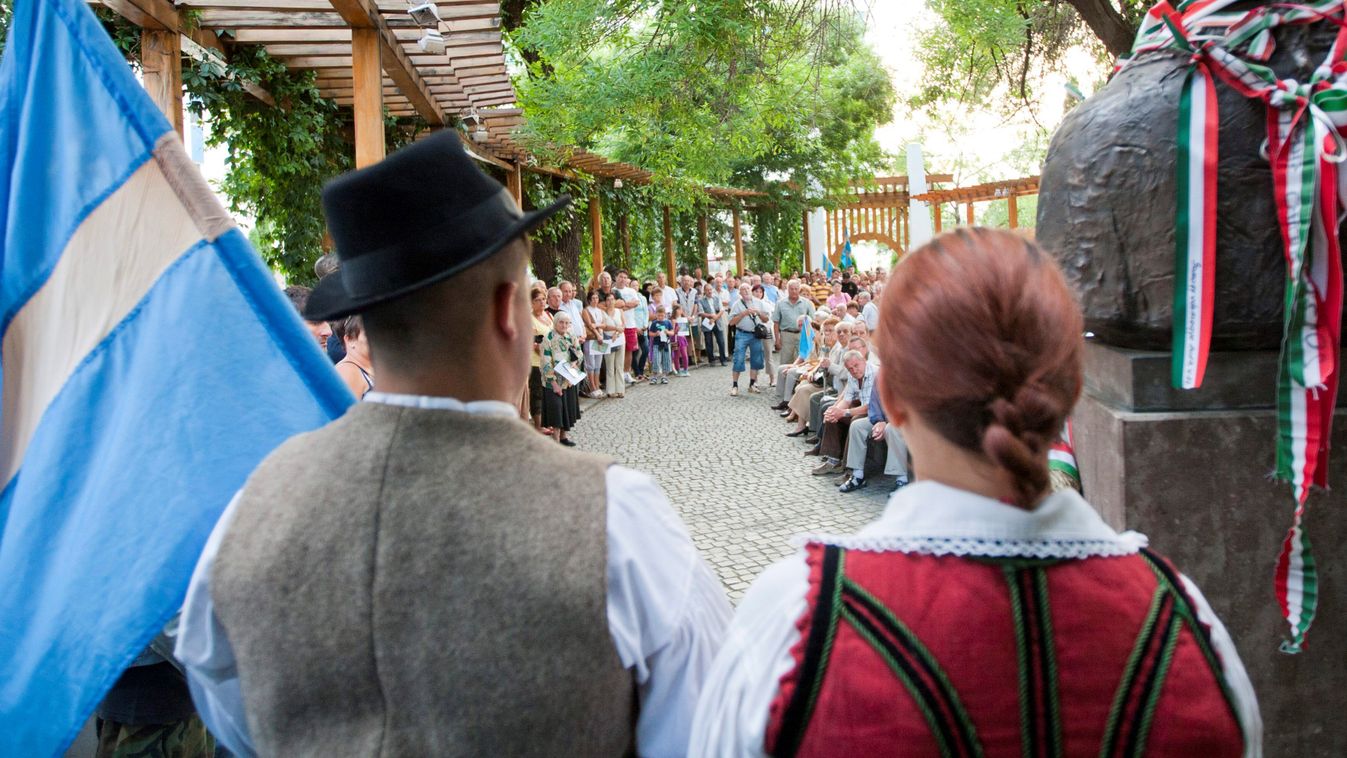



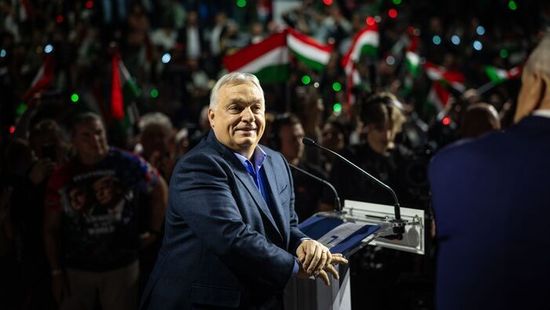














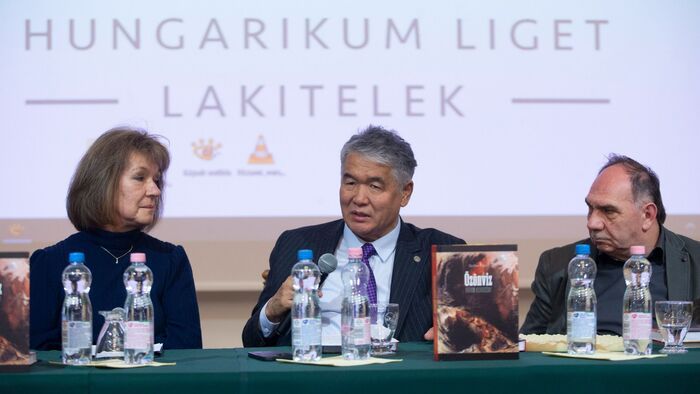
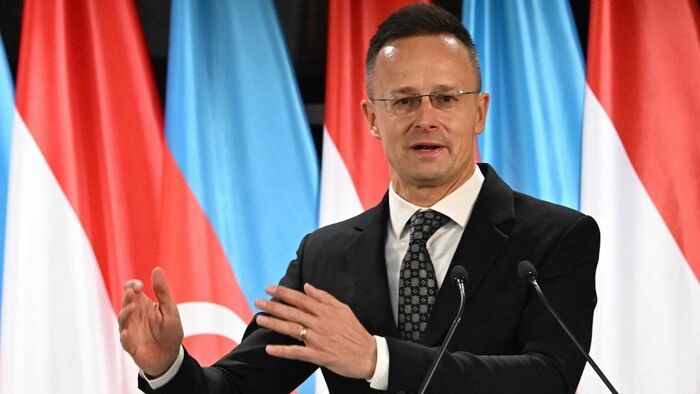
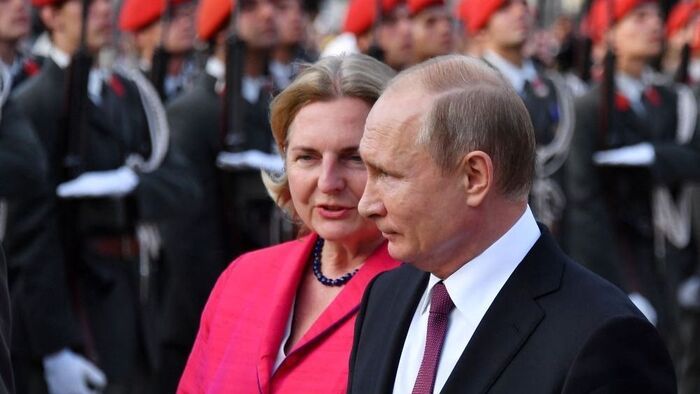

Szóljon hozzá!
Jelenleg csak a hozzászólások egy kis részét látja. Hozzászóláshoz és a további kommentek megtekintéséhez lépjen be, vagy regisztráljon!